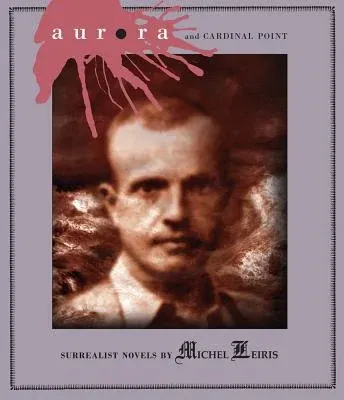This volume collects two classics of Surrealist fiction, both long out
of print, by the writer and ethnographer Michel Leiris (1901-1990).
Close to Georges Bataille, Picasso, Jean-Paul Sartre and Francis Bacon,
and a director of the Musée de l'Homme in Paris, Leiris was a pivotal
figure in postwar France. He wrote important works in the fields of
ethnology and anthropology, as well as a sequence of autobiographical
works regarded as classics of modern French literature (most famously
Manhood [1939]). "There is scarcely a literary opus today that can
compare in authenticity and stature to that of Michel Leiris," Maurice
Nadeau wrote of him. In Aurora, Leiris pursues his eponymous heroine
through a visionary landscape shot through with catastrophe. His lucid
yet baroque language, with its rich descriptions and ever more
extravagant metaphors, is only just able to keep pace. Looking back on
this novel, Leiris described its tone: "despite the 'black' or
'frenetic' style of its blustering prose, what I like about this work is
the appetite it expresses for an unattainable purity, the faith it
places in the untamed imagination, the horror it manifests with regard
to any kind of fixity." Cardinal Point is Leiris' first prose work.
Written in 1925, soon after he had joined the Surrealist movement, it
employs "automatic writing" to excavate the hidden meanings of ordinary
words, a procedure that was to underpin his most vital future works.

